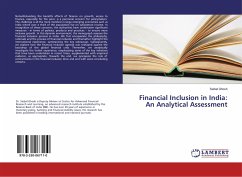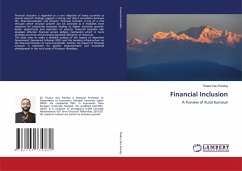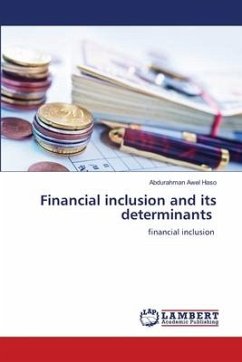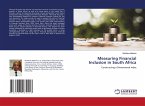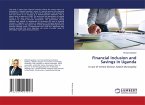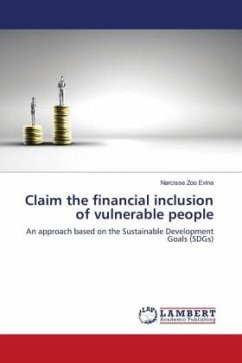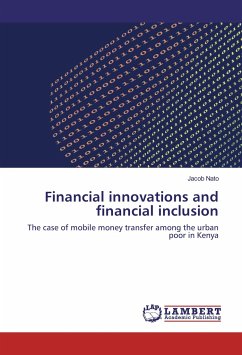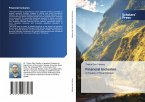Notwithstanding the benefits effects of finance on growth, access to finance, especially for the poor, is a perennial concern for policymakers. The challenge is all the more manifest in large emerging economies such as India where over a third of the population live on subsistence income. In recognition of these concerns, the authorities have undertaken significant measures - in terms of policies, products and practices - to ensure more inclusive growth. In this dynamic environment, the monograph assesses the financial inclusion process in India. We first encapsulate the philosophy, rationale and the process of financial inclusion and thereafter highlight the international experience, summarizing the key takeaways. Subsequently, we explore how the financial inclusion agenda was reshaped against the backdrop of the global financial crisis. Thereafter, we analytically investigate the Indian experience, emphasizing some of the key initiatives that have been undertaken in recent times, supplemented with empirical evidence, as appropriate. Towards the end, we syncopate the role of central banks in the financial inclusion drive and end with some concluding remarks.
Bitte wählen Sie Ihr Anliegen aus.
Rechnungen
Retourenschein anfordern
Bestellstatus
Storno

